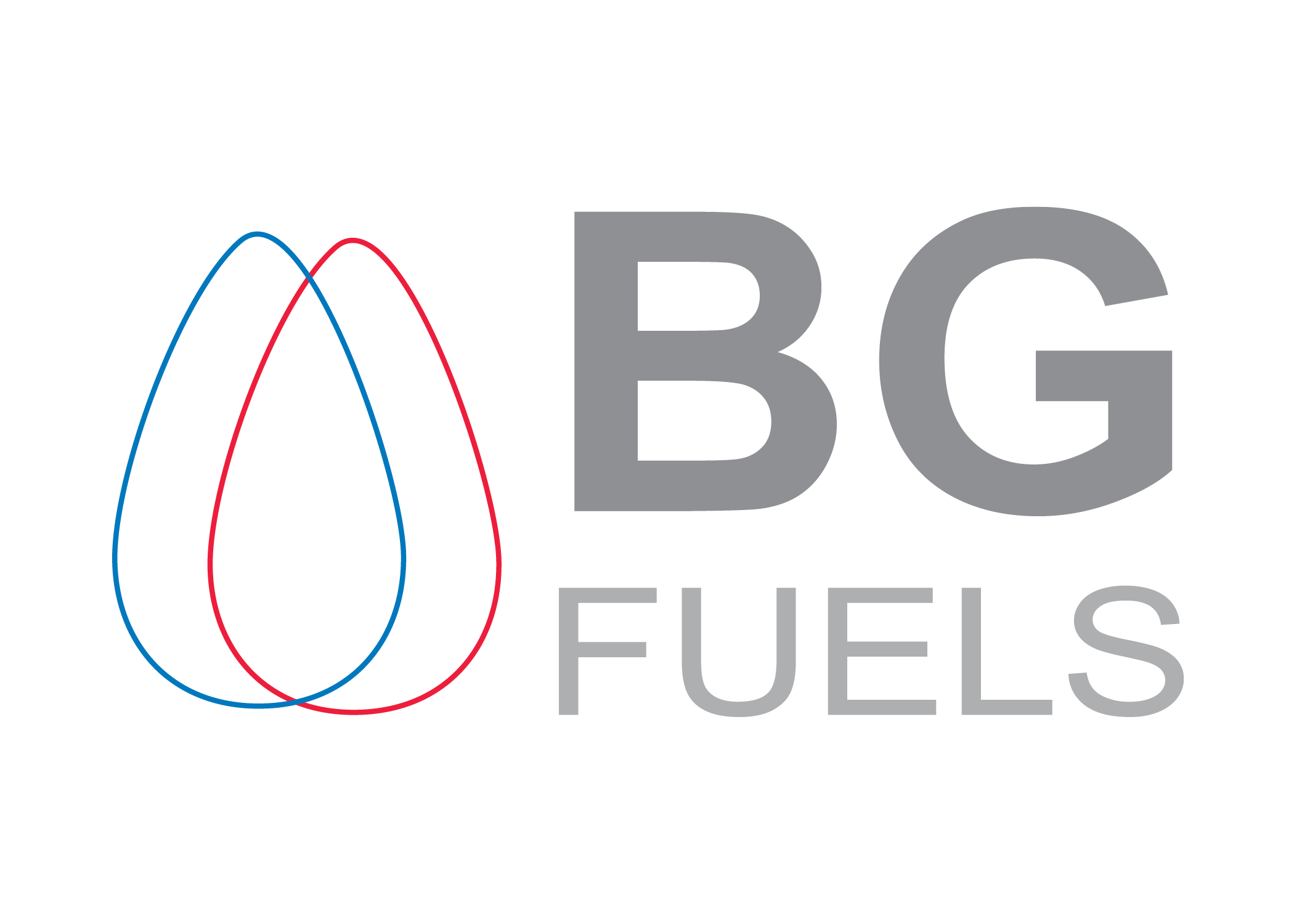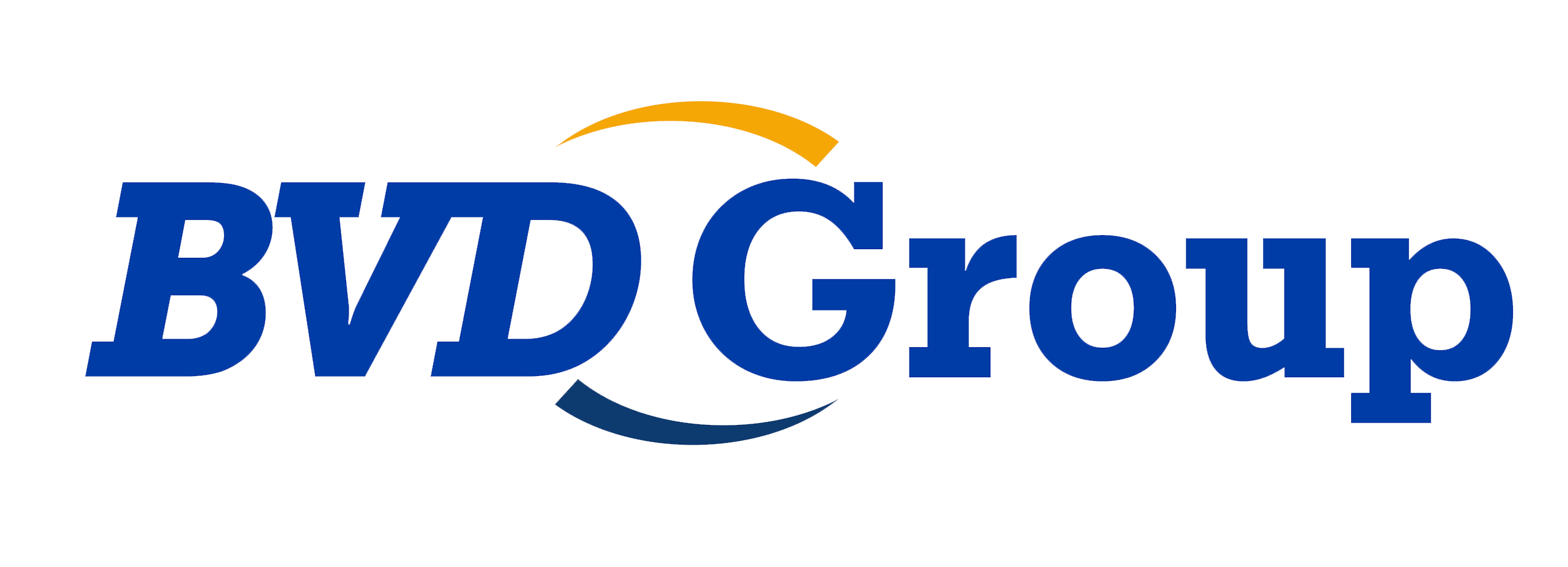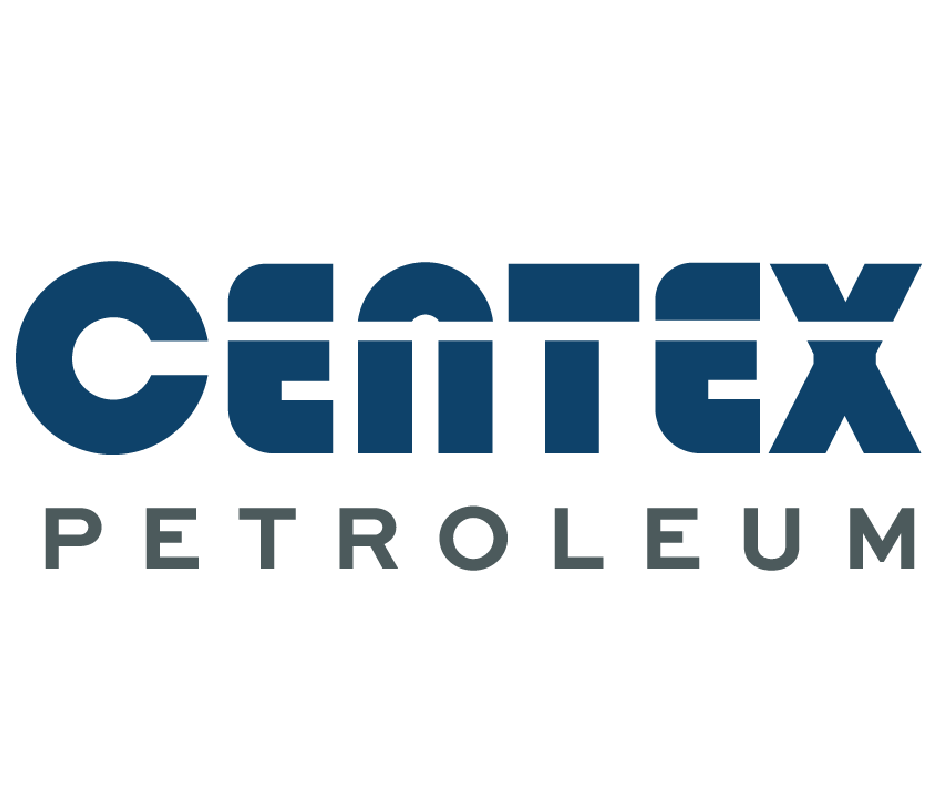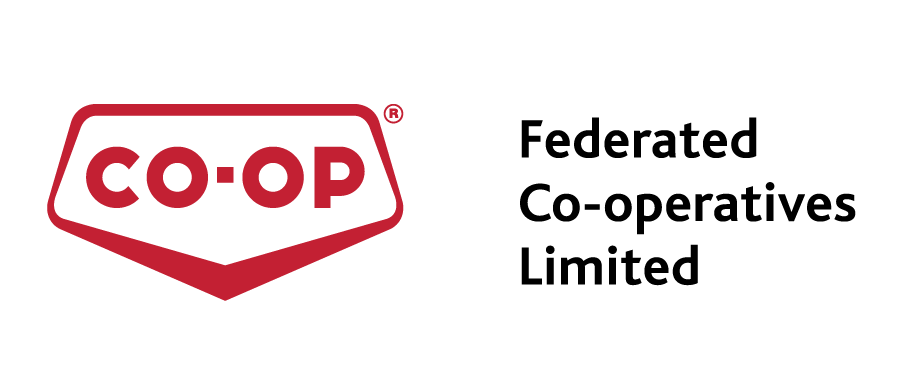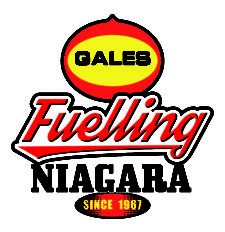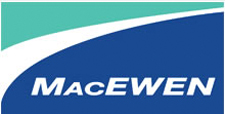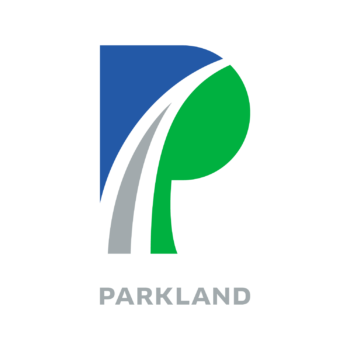CIPMA Presents To The New Brunswick Energy And Utilities Board Hearing
October 6, 2006
October 6, 2008, Fredericton, New Brunswick.
CIPMA presents to the New Brunswick Energy and Utilities Board Hearing on the subject of Gasoline Price Regulation. The complete text of CIPMA’s presentation is below:
Introduction
We thank the New Brunswick Energy and Utilities Board for the opportunity to present our views on the subject of margins, costs and full service charge for gasoline and other petroleum products.
My name is Jane Savage and I am the President and Chief Executive Office of the Canadian Independent Petroleum Marketers Association ( CIPMA). CIPMA is a national not-for-profit trade association, based in Toronto, representing the independent sector of the Canadian Fuel Marketing Industry.
“Independent” in our industry means non- refiner and non- integrated oil companies. Independents in this context , are industry participants who BUY rather than refine their fuel for distribution and sale to Canadian consumers. Our members market fuel products in all provinces of the country.
CIPMA members represent about 15% of the retail gasoline sites(1) in Canada, while about 30% are owned and operated by refiners or fully integrated oil companies.
The balance (55%) are independently owned or dealer-owned sites. In New Brunswick, our members are Co-op Atlantic, Wilson Fuel Co Ltd, Bluewave Energy and Canadian Tire Petroleum. These companies comprise a significant share of both the retail heating oil and retail gasoline markets.
My background is in the marketing and refining segment of the Canadian oil industry where I have been for almost 30 years. I am professional engineer ( Ontario) and a graduate of Queen’s University with a Masters of Business Administration from McGill University. My background includes refinery design and operation, commodity futures trading in crude oil and petroleum products, international petroleum products cargo trading, supply economics and marketing in all petroleum products.
I bring a knowledge of the workings of global and Canadian petroleum markets to CIPMA and to government and am a regular commentator on gasoline prices.
Statement on Price Regulation
As a general statement on price regulation, CIPMA recommends against the regulation of petroleum products prices in all circumstances except where there has been a failure in the federal competition laws (or application of these laws) to prevent anticompetitive activities.
Consumers will enjoy the lowest possible price for fuel products if there is strong competition.
The New Brunswick government opted to regulate gasoline prices in July, 2006 for another purpose – to stabilize prices for New Brunswick consumers and not because of a failure of competition laws or their application.
In CIPMA’s opinion, compared to other parts of the country at the time, New Brunswickers were not only enjoying competitive markets, but relatively stable pricing. Nonetheless we fully accept the will of the people of New Brunswick and are honoured to be part of the ongoing process to improve the regime.
The Regulatory Regime in New Brunswick and its Objectives
At this juncture, CIPMA advocates that the board recommend ( in its final report) that the government engage in the development of the broad objectives of the regulation.
To regulate an industry means to marry the needs of consumers( service level and price) with needs of the industry to deliver those expectations (certainty and required rate of return).
It is only when these inputs have been established transparently can a regime function effectively into the future with a minimum of unexpected consequences including interrupted supply, lack of capital input, and disenfranchised consumers, as examples.
Since this Board has taken this approach with other regulated utilities, and since the New Brunswick government decided two years ago to make petroleum retailing a utility, these inputs along with robust models that normally accompany regulated entities, is required.
So, we recommend that first the service level expected from the industry to ensure consumers are well served by the regulated industry be established.
Then a rate of return must be established using zero-based costing, from which flows the margins and pricing. This should all be done in a consultative approach with the key stakeholders in the process with the end result being a model we can all live with.
Because this essential analysis has been omitted thus far from the regulatory process, it is difficult to objectively assess the adequacy of the prices and margins. By choosing the wrong margins or pricing in the absence of robust agreed to models with zero-based costing, could result in adverse consequences.
At this point, our members are concerned that costs have increased without a commensurate increase in margin. Costs such as credit card fees ( charged as a percent of price), minimum wage costs, working capital costs and electricity rates are all contributing to a reduction in return. In particular, smaller, lower volume retail operations are becoming more marginal.
A Rigorous Process
As with other regulated utilities, once objectives are defined, a rigorous and transparent application and review process must ensue. It is well documented that capital investment will not occur in a jurisdiction where economic outcome is subject to political whim.
So CIPMA advocates that the Board recommend a rigorous zero-based approach or model and if the regime’s objectives need to be altered, updated or changed according to changing conditions – political or economic, it is recommended that this be undertaken with input from all stakeholders.
Industry Change in NB
An important change has been taking place in New Brunswick and other jurisdictions in North America which CIPMA would like to emphasize for the board so that this can be emphasized in the Board’s final report to the Government.
This change is the devolution of integrated oil companies from the marketing segment of the industry and their replacement by independent fuel marketers. This is happening because these regional, often family-owned or cooperatively owned businesses have intimate knowledge of their markets and can serve them more efficiently ( ie more cost effectively).
They are in the business of distributing and marketing fuel products directly to consumers in rural and urban markets. In is important to note that unlike the major integrated oil companies who profit from rising crude oil prices and/or rising refining margins – both of which are demonstrably the key drivers behind consumer price, independents’ profits do not increase with rising prices.
Instead, they are seeking ways to decrease consumer prices by fighting against rising credit card fees and calling for higher levels of oversight in the crude oil futures markets to reduce speculation.
In other words, the folks from whom most New Brunswickers buy their heating oil and gasoline are on “their” side and are not profiting from consumer price increases.
With this in mind, we invite this Board and indeed all New Brunswickers to avoid strategies with regard to price regulation which is underpinned by the belief that windfall profits are being made by the companies selling petroleum companies to the consumer. This is not the case.
Summary
Thank you for your attention and opportunity to present our views in this essential review process. Petroleum retailing companies in New Brunswick expect to be treated as any other business that is regulated by the province.
It is in the public interest to do so. We encourage the board, with full consultation with stakeholders, to take the same zero-based approach to establishing the desired service levels and appropriate rates of return for the regulated petroleum retailing industry in New Brunswick as they have with other utilities.
Only then will defensible margins and prices result which should be reviewed regularly in an open and transparent process.
Jane Savage, P. Eng, MBA
President and Chief Executive Officer
Canadian Independent Petroleum Marketers Association (CIPMA)
2255B Queen St. E, Suite 374
Toronto, ON M4E 1G3
Tel: 416-691-9292
Fax: 416-691-0847
Cell: 416-509-8240
e-mail: jsavage@cipma.org
website: www.cipma.org



